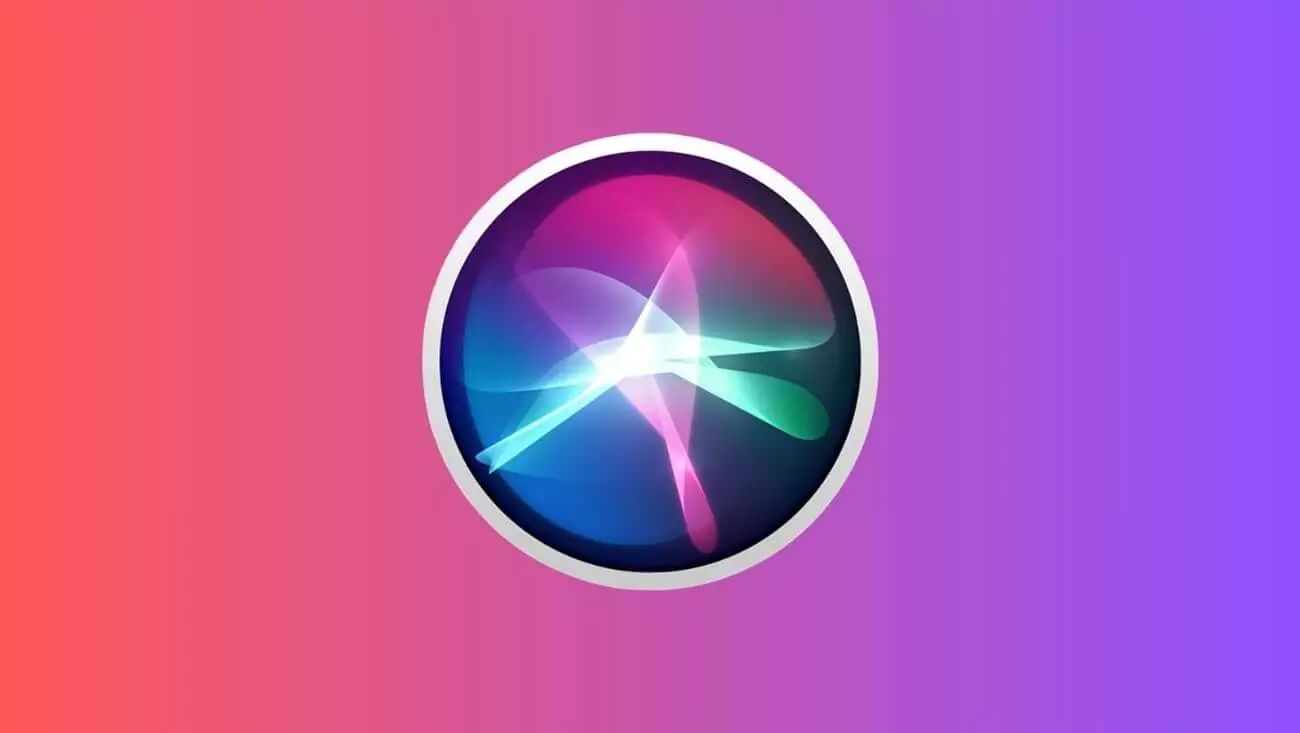Apple has secured final approval for a $95 million settlement to resolve a class action lawsuit claiming that its Siri voice assistant recorded private conversations without user consent, violating privacy rights. The settlement, greenlit on May 7, 2025, by a U.S. District Judge in Oakland, California, addresses allegations spanning September 17, 2014, to December 31, 2024, and offers eligible users up to $100 in compensation. This development highlights ongoing concerns about data privacy in AI-powered technologies, as Apple works to rebuild trust with its user base.
The lawsuit, Lopez v. Apple Inc., alleged that Siri on devices like iPhones, iPads, and Apple Watches activated without the “Hey Siri” trigger, capturing private conversations and sharing them with third-party contractors. As outlined on the official settlement website, users who owned a Siri-enabled device during the specified period and experienced accidental activations can claim $20 per device, up to five devices, for a maximum of $100. The payout may vary depending on the number of claims submitted by the July 2, 2025, deadline. Apple has denied any wrongdoing but settled to avoid a potential $1.5 billion liability if the case had proceeded to trial.
Eligible users can file a claim by visiting the settlement website, providing their contact details and either proof of purchase or the serial and model numbers of their devices. Those who received a notice via email or postcard can use their Notice ID and Confirmation Code to simplify the process, while others can opt for a “New Claim” if they believe they qualify. Payment options include direct deposit or electronic check, with funds to be distributed following the final approval hearing on August 1, 2025. Since the 2019 controversy, Apple has implemented changes like suspending human grading of Siri responses and making audio sample training opt-in, aiming to enhance user trust in its ecosystem.
The lawsuit pointed to instances where users received targeted ads after discussing topics like luxury cars or medical procedures in private, raising alarms about Siri’s data handling. The $95 million settlement, while substantial, is a fraction of Apple’s annual net income of $93.74 billion, but it underscores the growing scrutiny of voice assistants, as seen in similar pending litigation against Google’s Voice Assistant. This case reflects broader concerns about privacy in AI, prompting Apple to bolster on-device processing for Siri requests and limit third-party access to recordings, though users remain cautious about always-listening devices.
For Apple users, the settlement provides an opportunity to seek compensation for alleged privacy breaches, but it also serves as a reminder to review device settings for better control over data. Apple’s privacy guides can help users disable Siri or adjust permissions to mitigate risks, a step that may become increasingly important as voice assistants evolve. The settlement’s outcome could influence how tech companies handle voice data, potentially setting new standards for digital privacy in AI-driven technologies, especially as regulatory bodies worldwide tighten data protection laws.
With the July 2, 2025, claim deadline looming, eligible users are urged to act promptly to secure their share of the $95 million Siri settlement. Those who wish to opt out and retain the right to sue Apple independently must also do so by the same date, as noted on the settlement website. This case marks a pivotal moment in the ongoing debate over privacy in voice assistant technology, emphasizing the need for transparency and user control. What are your thoughts on Apple’s Siri settlement, and has it changed how you view voice assistants? Share your perspective in the comments—we’d love to hear your insights on this significant privacy case.







